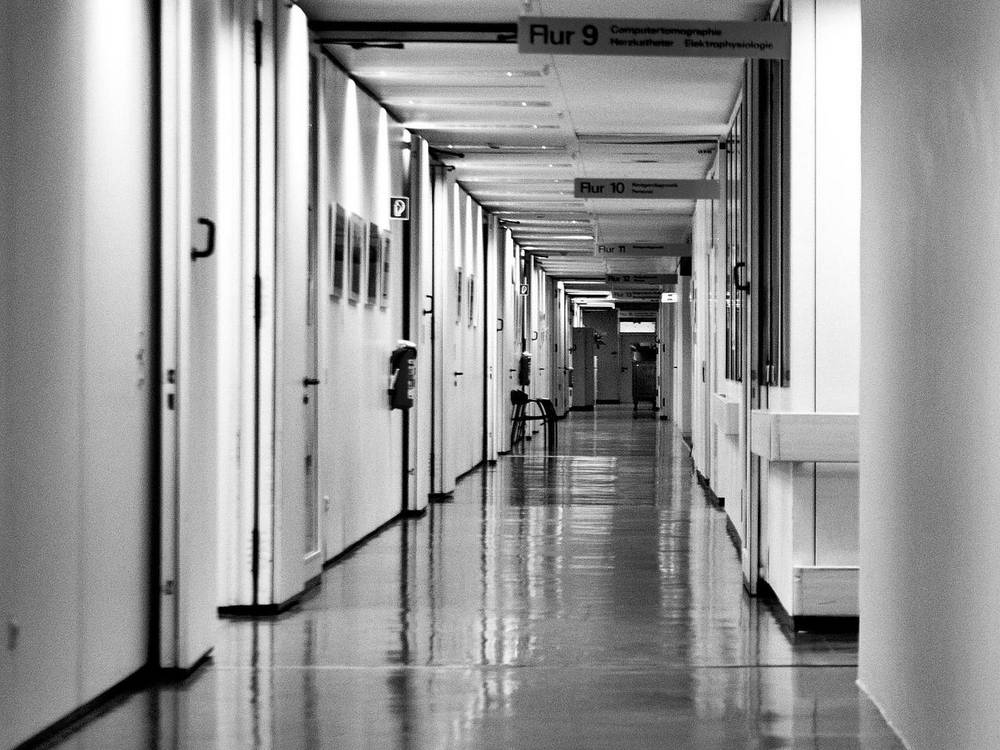Deputy Ombudsmen Ivan Šelih and Dr. Dijana Možina Zupanc attended a joint session of the competent Commission for State Regulation and the interested Commission for Social Protection, Health, Labour, and the Disabled in the National Council of the Republic of Slovenia today, 22 October 2025. They presented the 30th regular annual report of the Ombudsman for 2024 and the report of the National Preventive Mechanism (NPM) to those present.
In 2024, the Ombudsman handled more than 6,000 cases and found 174 violations of human rights and other irregularities, most often relating to the principle of good administration, unjustified delays in proceedings, violations of equal protection of rights and equality before the law, and interference with the right to social and health security, as well as the rights of people with disabilities and children. The Ombudsman also found the most violations in the current report in the area of responsibility of the Ministry of Labour, Family, Social Affairs and Equal Opportunities.
"We continue to point out the current past recommendations that remain unimplemented, and the need for better interdepartmental coordination. For the second year in a row, we are repeating the recommendation with which we proposed that the Government establish special coordination with unified positions and a work plan for their implementation," emphasised Deputy Ombudsman Šelih.
In the field of justice, the Deputy Ombudsman highlighted the court proceedings in which the European Court of Human Rights (ECHR) agreed with the Ombudsman at the end of December 2024 that the court had violated the right to a natural judge. The ECHR fully agreed with the Ombudsman's views, which were unfortunately ignored by the national courts, and unanimously ruled that the state had violated the plaintiff's right to a fair trial and the right to private and family life, and ordered Slovenia to pay compensation.
The Ombudsman institution has been warning for years about the increasing overcrowding of prisons in the area of restrictions on personal freedom. "Overcrowding, in addition to the increasing shortage of judicial police officers, also has a significant impact on the length of criminal proceedings and consequently on the duration and occupancy of detention, as well as on the safety and living conditions of convicts. In our assessment, there is a shortage of at least a hundred prison officers in order to be able to carry out all legally prescribed work and tasks in a quality manner," emphasised Šelih.
Deputy Ombudsman Šelih also presented the members of the National Council with the report of the NPM, which visited 72 places of deprivation of liberty last year and made 294 recommendations. "We are satisfied that in many of the institutions visited last year, living conditions and treatment of persons deprived of liberty improved precisely because of our recommendations," the Deputy Ombudsman pointed out.
Deputy Ombudsman Dr. Možina Zupanc particularly highlighted the acute shortage of staff in healthcare and social care, which threatens the realisation of the constitutionally guaranteed right to healthcare and social security. "The state needs a clear vision of what kind of welfare state it wants to maintain. Difficult working conditions, standards, and low salaries force employees to act on an ethical drive, which is wearing out," emphasised the Deputy Ombudsman. According to her, the consequences of the shortage of staff are visible both in nursing homes, where many beds remain empty, and in emergency centres, where waiting times are lengthening. The lack of nursing capacities and long waiting lists for admission to social care institutions place an additional burden on relatives, who often take over the care of family members. The Ombudsman therefore appeals to decision-makers to take effective measures to reduce the shortage of staff and ensure decent working conditions in healthcare and social care, said Dr. Možina Zupanc.
She also pointed out violations of the rights of the elderly, the need to monitor the implementation of the Long-Term Care Act and the deinstitutionalisation process, delays in decision-making by the Ministry of Labour, Family, Social Affairs and Equal Opportunities and the Pension and Disability Insurance Institute, and inadequately reasoned decisions on personal assistance.
She added that the Ombudsman institution is once again disappointed and concerned about the explanations of the Ministry of Labour, Family, Social Affairs and Equal Opportunities, as there is no progress regarding the definition of disability. The Ombudsman reiterates the position that the medical model of disability, which is established in national regulations, must be replaced by the social model, which stems from the Convention on the Rights of Persons with Disabilities (the Convention). "The definition must be changed and unified so that situations will no longer arise where individuals with the same limitations are provided with different levels of social protection. The fact is that the legislation governing the field of persons with disabilities is not in accordance with the Convention," Deputy Dr. Možina Zupanc also highlighted.
The Ombudsman also warns of excessively long and ineffective supervision in healthcare and poor information for patients about their rights, which increases their distress and further undermines trust in the system. It is often not clear who carries out the supervision and ensures that any corrective measures will be taken. Supervision must conclude each individual story in a timely manner. Dr. Možina Zupanc concluded by warning that Slovenia is still a welfare state, but it is facing serious structural challenges and demographic changes – therefore the Ombudsman appeals for dialogue and cooperation with the profession.

![[Translate to English:] Bolbišnični hodnik](/fileadmin/_processed_/5/3/csm_hospital-921034_1920_4981a807fa.jpg)